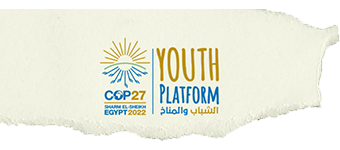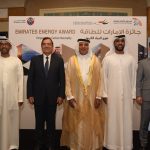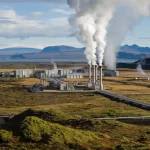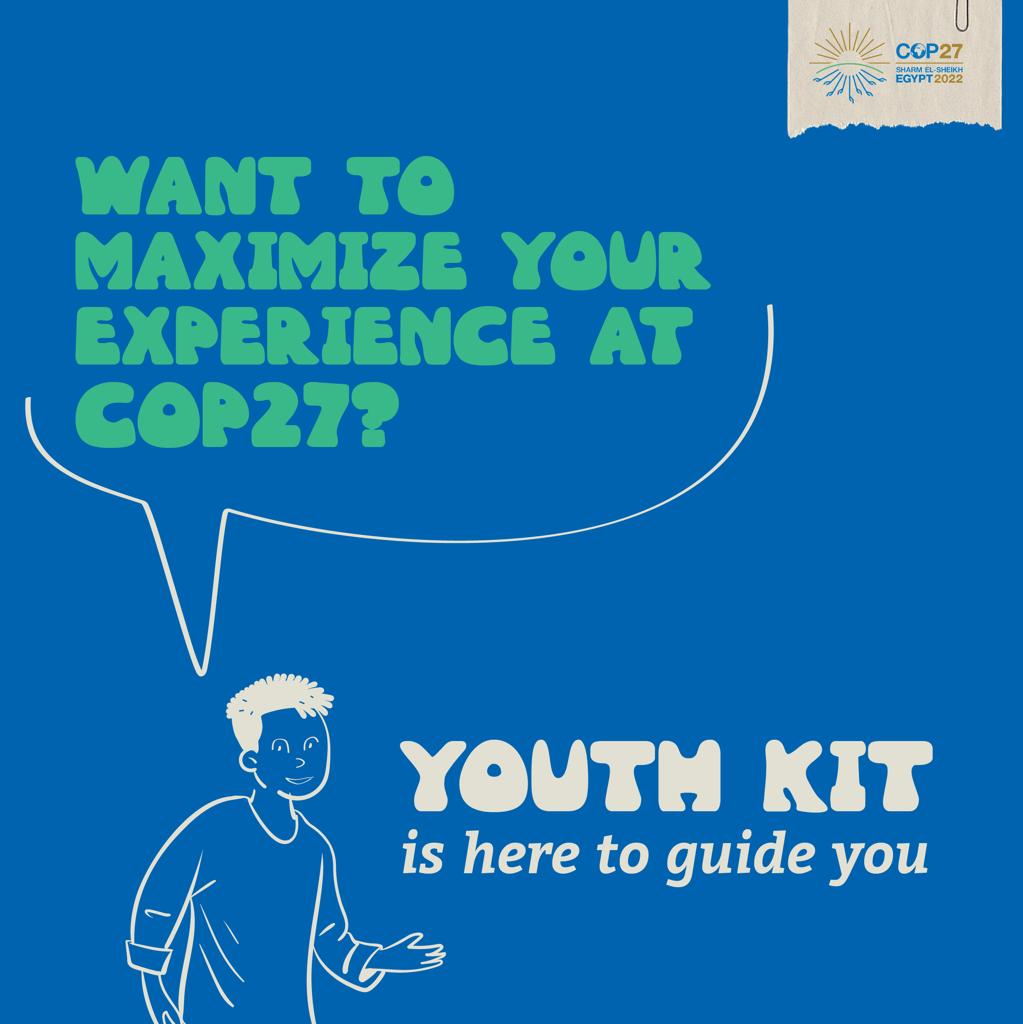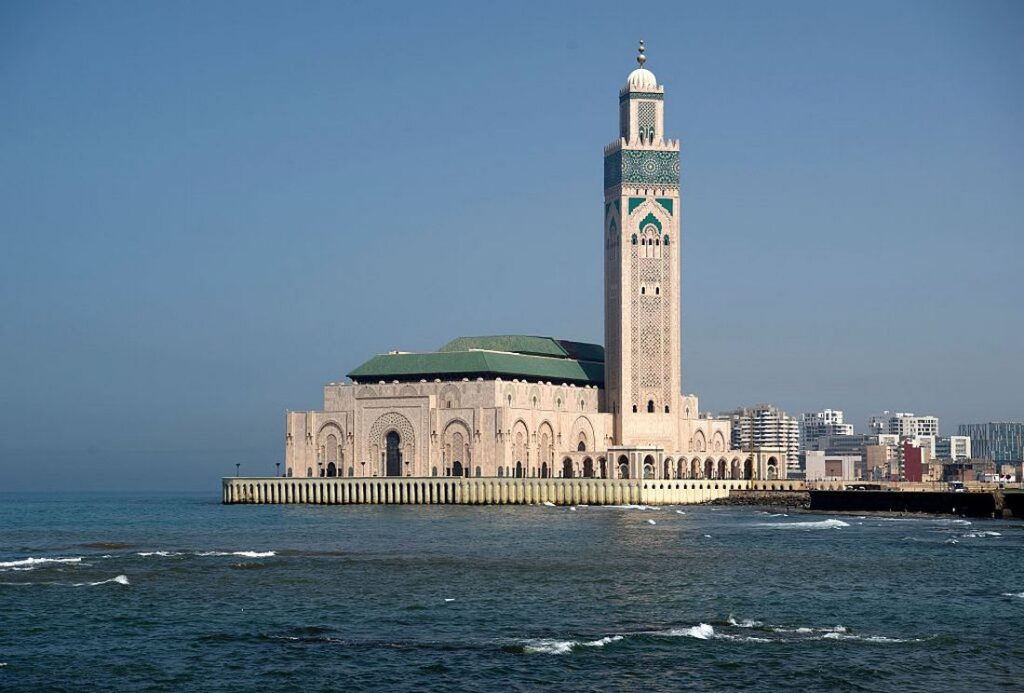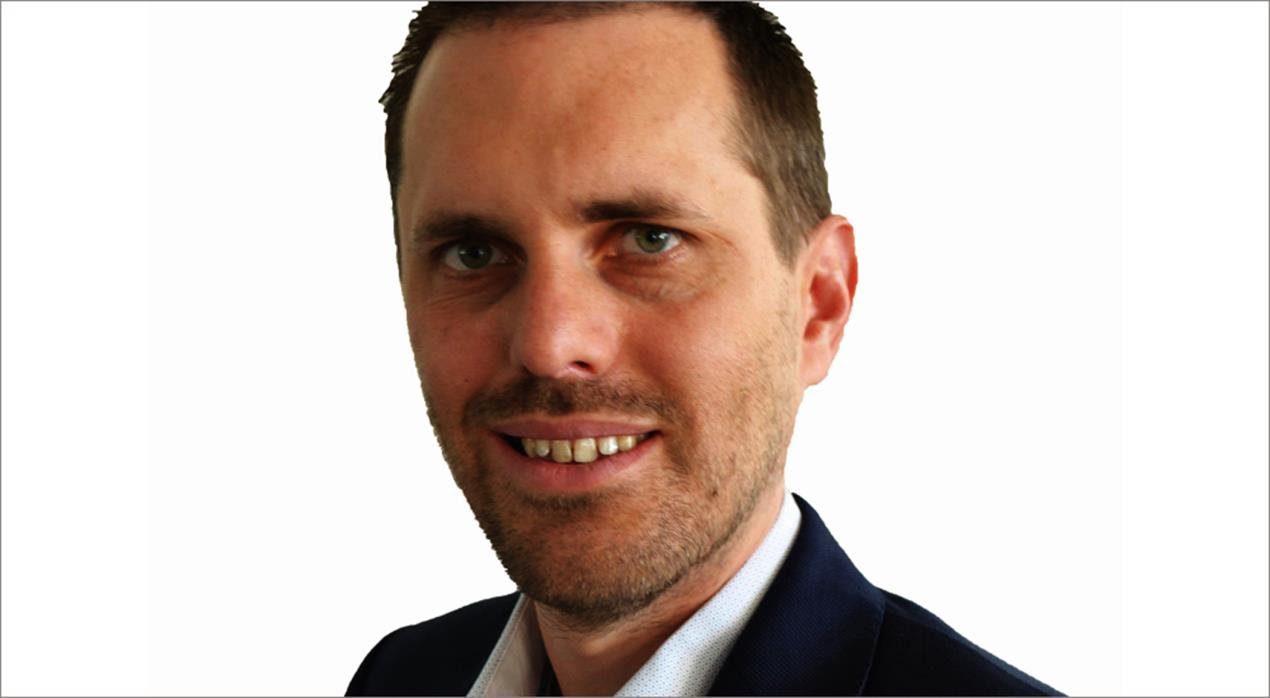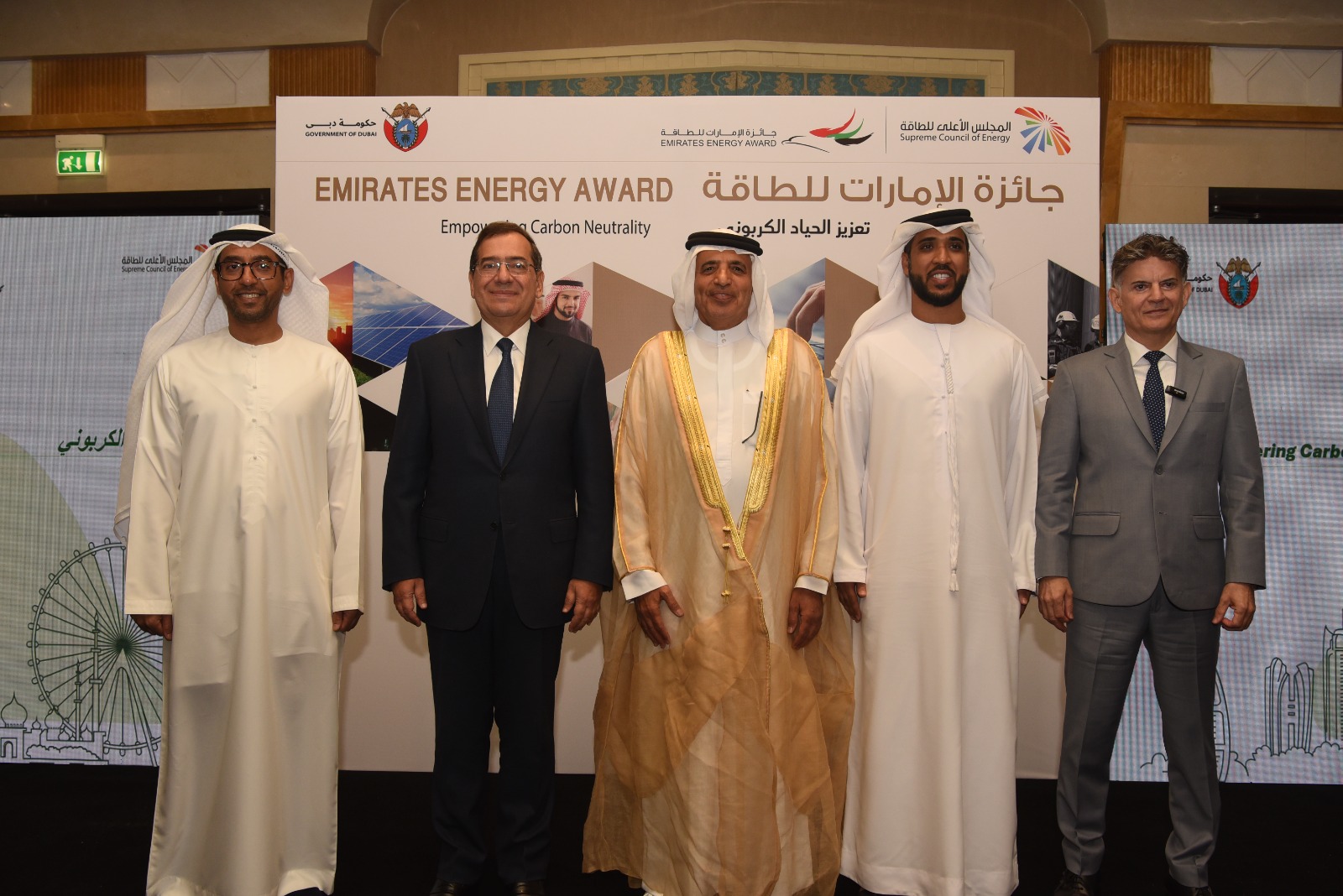Morocco seeks day after day to increase reliance on renewable energies to meet the clean energy needs of the various institutions and facilities of the Kingdom.
Within the framework of this approach, the Ministry of Awqaf and Islamic Affairs has adopted a special program for energy efficiency in mosques, as more than 6,000 mosques have been equipped with energy efficiency equipment in various regions of the Kingdom.
This program aims to rationalize the use of energy in places of worship through the use of economical lamps and reliance on solar energy to heat water with the installation of electric panels that convert solar energy into electrical energy.
The Ministry of Islamic Affairs is one of the ministerial institutions that have been involved in Morocco’s energy strategy, as the Kingdom seeks to raise the proportion of dependence on renewable energies to 52 percent by 2030, in addition to reducing greenhouse gas emissions to 45.5 percent.
green mosque
To date, the number of mosques that have been equipped with energy efficiency equipment is 6,048, while an additional 1,980 mosques are expected to be equipped before the end of 2023.
The Minister of Awqaf and Islamic Affairs, Ahmed Tawfiq, stated that a special program has been approved bearing the name of the “Green Mosque” quality mark, which is granted to mosques that have been provided with energy efficiency equipment.
And the minister highlighted during his intervention in the Council of Advisors (the second chamber) that so far, 1,000 mosques equipped with energy efficiency equipment have been classified and awarded this “Green Mosque” sign.
Energy economy
Abdulaziz Al-Darwish, Director of the Mosques Directorate at the Ministry of Awqaf and Islamic Affairs, says that the energy rehabilitation of the Kingdom’s mosques, which number more than 52,000, falls within the framework of the national energy strategy and the pursuit of a sustainable energy future.
Al-Darwish added, in a press statement, that the energy efficiency program in mosques, which uses technologies that contribute to reducing energy consumption, envisages achieving an energy economy of 40 percent of consumption, which represents 46,000 megawatts annually and contributes to the economy in expenditures.
The official at the Ministry of Awqaf and Islamic Affairs explains that improving the use of energy and achieving those numbers by relying on clean energy sources will reduce the emission of 24,000 tons of carbon dioxide into the air, which will contribute to reducing pollution.
Al-Darwish points out that this program aims to equip 12,000 mosques with economical lamps and use solar panels to heat water in 2,000 mosques, in addition to providing 1,000 mosques with photovoltaic panels to produce electricity.
The speaker points out that the energy efficiency program in mosques also aims to train workers in the Ministry of Awqaf and Islamic Affairs who are in charge of installing and maintaining equipment, in addition to training and sensitizing imams, male and female guides, in order to work on educating citizens about the importance of rationalizing energy consumption.
Generalization of experience
A number of environmental experts affirm that such programs and initiatives would contribute to raising awareness of the importance of rational energy conservation in various ministerial sectors and public utilities.
Mohammed Ben Abbou, an expert in environmental engineering and climate change, confirms that the energy rehabilitation program for mosques is considered one of the ambitious programs in the field of energy efficiency in the Kingdom.
Bin Abbou added, in a statement to “Sky News Arabia,” that the Ministry of Endowments and Islamic Affairs presents a model that challenges it at the level of rationalizing energy use, which is in line with the Kingdom’s commitments with regard to reducing carbon emissions and achieving the energy transition.
The climate change expert points out the importance of the various ministerial sectors and public institutions benefiting from the experience of the Ministry of Islamic Affairs in the use of clean energy within its institutions and facilities.
Ben Abbou stresses that reliance on clean energies should not be limited only to lighting-related uses, calling for expanding its use to include sustainable transportation in all administrative departments in the various regions of the Kingdom.
